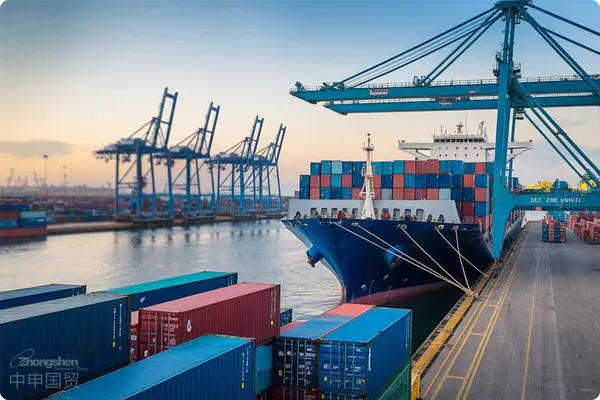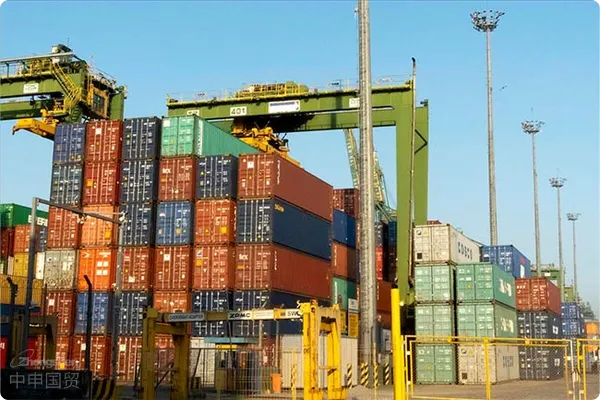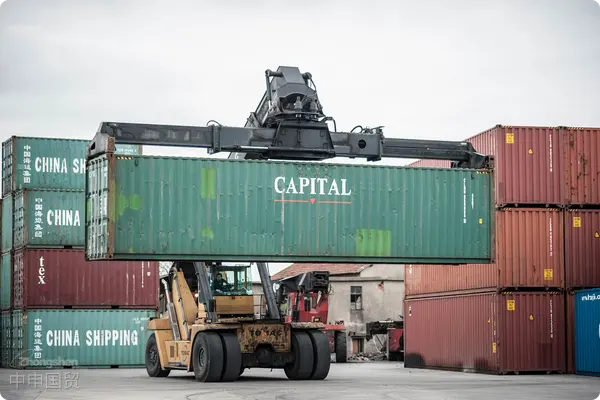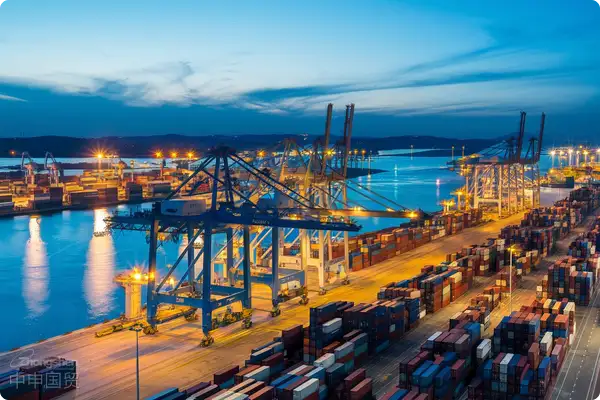- Shanghai Zhongshen International Trade Co., Ltd. - Two decades of trade agency expertise.
- Service Hotline: 139 1787 2118
In theforeign tradeIn the industry, customs data is considered an important tool for many to find clients and develop markets. Especially in todays highly transparent information age, finding target clients no longer seems difficult, but the challenge lies in how to make these clients choose you? How to convince them of your advantages and trust your capabilities to decide to cooperate with you? This article explores the specific role of customs data in foreign trade business and its limitations.

The Role of Customs Data
The core role of customs data lies inProvide accurate customer informationHelping foreign trade practitioners find suitable potential buyers. By analyzing customs data, you can identify importers in your target market, see which companies frequently import your product type, and even discover competitors customer resources. This is undoubtedly a valuable information source for many foreign trade professionals who are just starting out or seeking customer breakthroughs.
- Accurately locate target groups: Customs data can provide information about the target market,import and exportincluding importers contact details, types of imported products, and frequency. This information allows you to directly contact buyers who have demand for your products, saving significant time and effort.
- Analyze competitors: Through customs data, you can also learn about competitors customer base and export markets. Understanding competitors situations often helps you identify market entry points and develop more targeted marketing strategies.
- Develop market strategies: By analyzing customs data, companies can gain deeper insights into market demand and formulate reasonable market strategies. For example, which countries have increasing demand for certain products, which markets have high growth potential, etc.
Limitations of customs data
Although customs data plays a crucial role in foreign trade business, itslimitationsshould not be overlooked.
- Customer selection goes beyond just finding: Finding target customers doesnt mean youve secured orders. Customers choose you not just because you found them, but because you can provide sufficient value or outperform their existing suppliers. Most customers might place a small trial order after receiving your sales email, followed by acomparison with existing suppliers. If you dont demonstrate enough advantages, why would customers take the risk to switch suppliers?
- Building trust and the lack of offline channels: Even if you find customers through customs data, gaining their trust and establishing long-term cooperation remains challenging. Often, customers prefer suppliers found atoffline high-value trade shows. For example, at international exhibitions like the Canton Fair, qualified exhibitors usually have industry recognition and strength, while suppliers reaching out via cold emails struggle to quickly gain customer trust.
Challenges in the information age: Proving your advantages
As mentioned earlier,finding target customers isnt hard; the hard part is getting them to choose you. In todays highly transparent information age, every customer has too many choices, and you need to prove your advantages.
You might find that many customers dont choose you again after the first cooperation because they feel your products and services arent significantly better than their existing suppliers, or theres no reason to risk disrupting their stable cooperation. Therefore, you need to find differentiated competitiveness in service, quality, price, etc., and demonstrate these advantages to customers.
The importance of offline exhibitions like the Canton Fair
Many foreign trade practitioners share this experience: finding customers online is very difficult, and even if you do, building trust is hard. Offline exhibitions, such as theCanton Fair, provide an excellent opportunity for screening and building trust. Customers know the threshold of these exhibitions, and suppliers found there are often more reliable.
One case is a customer who started with an annual budget of 1.2 million yuan to attend the Canton Fair 8 years ago and has now grown to fixed participation in 2 sessions per year with 15 booths each, with more business than their sales team can handle. Trade shows arent just transaction venues but also a trust endorsement for suppliers. Suppliers who dont participate in exhibitions and reach out via cold emails might face being ignored.
The role of customs data in different foreign trade models
For many businesses,customs data is indeed a low-cost, high-precision source of customers,especially for those who cannot afford Canton Fair booths or dare not invest heavily in offline promotions. Using customs data to find customers is a relatively suitable option. At least through this method, foreign trade companies canAccurately locate target groupsand attempt to develop these potential customers.
However, it must be clear that customs data is not a panacea. It can help you find customers, but it cannot help you build trust or easily secure orders. Therefore,customs data is an important tool in foreign trade, but its effectiveness has limits.To break through these limits, companies need to invest in other areas, such as product quality, customer service, brand building, and offline promotions.
How to maximize the role of customs data?
- Combine with offline promotions: While using customs data to find customers, try to participate in high-value industry exhibitions. This allows customers to see your professionalism and strength, increasing their trust.
- Offer differentiated services: When customers first try to cooperate with you, make them feel the difference through differentiated services, such as faster delivery times, better customer service, or more competitive prices.
- Diversify marketing methods: In addition to customs data, use social media, SEO, PPC, and other channels to reach customers and showcase your brand image and advantages, enhancing their trust in you.
Summary
For foreign trade, customs data is indeed a very useful tool. It can help youaccurately find target customersand provide important market information. However, finding customers is only the first step in foreign trade. More importantly, its about how to make customers choose you, trust you, and be willing to cooperate long-term. In this process,offline exhibitionspromotions,building trust,differentiated competitive advantagesare all indispensable. Customs data can give you direction, but how to walk this path still requires the companys efforts and investments in various aspects.
We hope this article helps everyone gain a more comprehensive understanding of the value and limitations of customs data. On the competitive and challenging path of foreign trade, data is a tool, but true power comes from continuous learning, effort, and persistence.
Related Recommendations
Learn
Contact Us
Email: service@sh-zhongshen.com
Related Recommendations
Contact via WeChat

? 2025. All Rights Reserved. Shanghai ICP No. 2023007705-2  PSB Record: Shanghai No.31011502009912
PSB Record: Shanghai No.31011502009912









